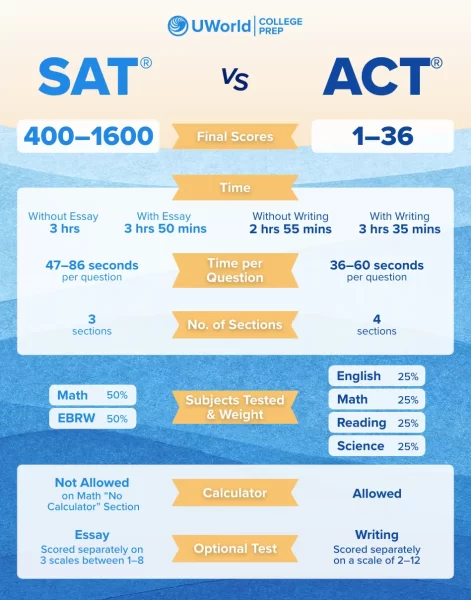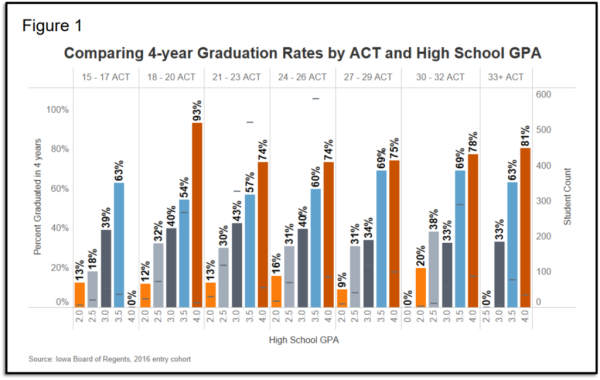Worthington Kilbourne juniors are gearing up to take the ACT (American College Testing) exam on March 12, just after the beginning of the fourth and final quarter. The exam is state funded and offered to all 11th grade students through the school, spanning almost 3 and a half hours and used to measure high school students’ readiness for a college education.

Though both the ACT and the SAT (Scholastic Aptitude Test) are both widely used by colleges and universities to assist in determining students’ acceptance, many schools are getting rid of required ACT score submissions; choosing instead to lean more heavily on Common App essays to accept or reject applicants. One such school is Ohio State University, where score submission has been optional since 2020. A spokesperson for the university stated that the decision was made in light of the fact that “the pandemic restricted test availability to students” (Duncan). During the initial COVID-19 outbreak, ACT and SAT testing were repeatedly postponed, to the point where incoming college freshmen had no scores to submit for the upcoming school year. The move to make scores optional was already underfoot prior to the pandemic, but COVID undoubtedly accelerated the process. Since then, thousands more schools have joined the score-free application train.

A survey published by Forbes recently showed that “more than 80% of U.S. bachelor-degree granting institutions will not require students…to submit either ACT or SAT standardized exam scores” (Nietzel). Almost 2,000 colleges have implemented or are planning to begin test-blind or score free policies, a decision that has remained controversial since its announcement.
The executive director of FairTest (an organization that advocates against standardized testing), Harry Feder, argued that standardized testing measures not academic ability but generational wealth and privilege, and therefore should not be required to apply to college (Nietzel). On the same wavelength is a report by The New York Times stating that Boston University’s School of Public Health saw an increase in Black and Hispanic applicants with no decrease in student performance when the school removed the GRE (Graduate Record Examination) test (Saul). The elimination of required standardized testing score submission has repeatedly proven to expand applicant demographics and encourage college and university admission.

The popularity of pausing or abandoning score-based admissions has spread significantly over the past few years, with the system now “includ[ing] all eight institutions in the Ivy League and many other elite universities…as well as prestigious liberal arts colleges” (Nietzel). While it is unsure if the submission-optional method will tick around or become nationally applicable, the stress of the ACT is undeniable. Good luck to all juniors taking the test this coming week!






























Bennett Koehn • Mar 15, 2024 at 9:35 am
This was really awesome! Keep up the amazing work !